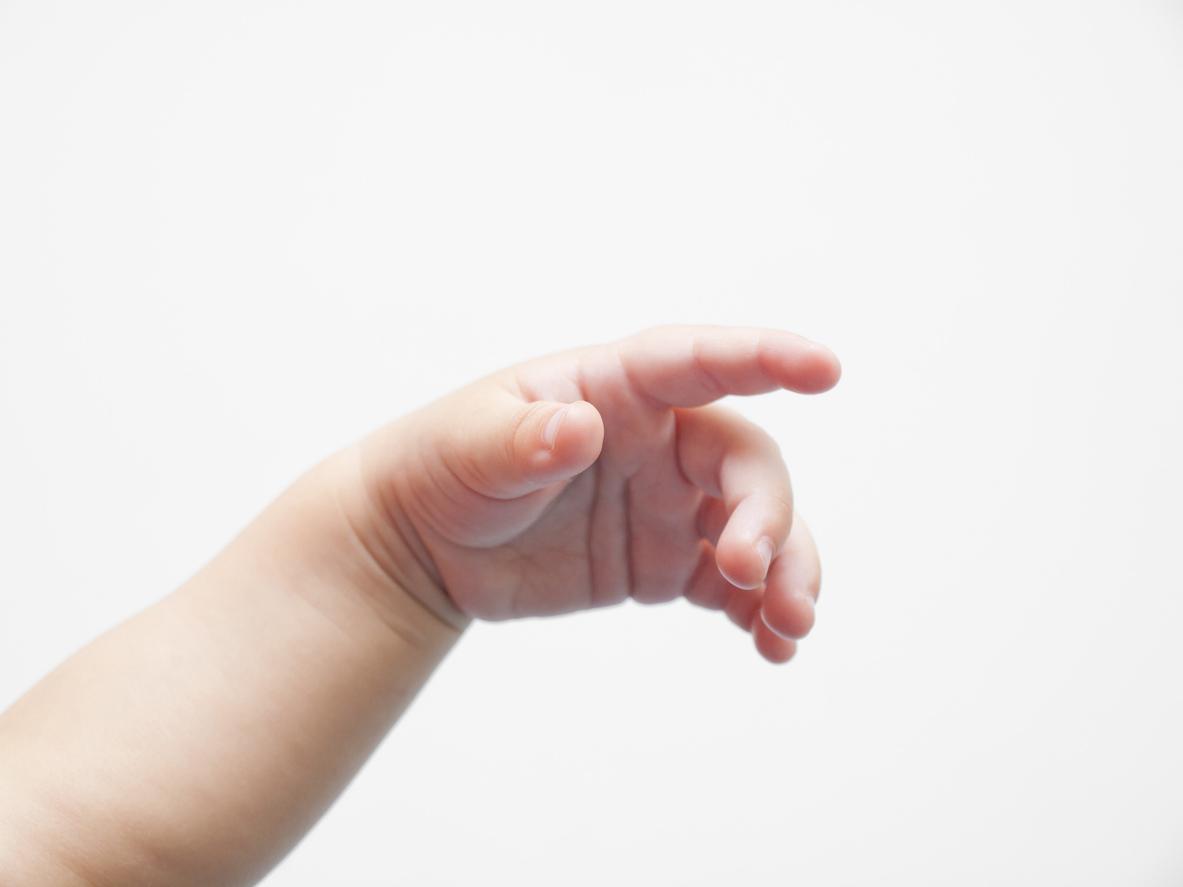Lying or acting dishonestly makes it harder to understand other people’s feelings and can have greater long-term consequences.

Better to tell the truth if you want to preserve your social life. Beyond the worries they can cause, lies prevent us from interacting properly with others, according to a new study. On the site of theAmerican Psychological Associationresearchers show that dishonesty reduces our ability to empathize.
The vicious circle of lying
“Sometimes people will tell a little lie and say to themselves that it is not very serious, explains Ashley E. Hardin, main author of this research. But the decision to be dishonest at a precise moment has consequences on the interactions with the others afterwards. These findings are the culmination of eight studies conducted with more than 2,500 participants.
The research team identified a causal link between dishonesty and empathy, which allows us to understand the emotions of others and allows individuals to feel connected. For people who lie or cheat, it is more difficult to interpret the emotions of others.
The consequences of these behaviors also concern the individual himself: a person who lies will find it more difficult to define his own relationships and to consider himself close to other people. “It can become a vicious circle,” says Ashley E. Hardin. This can lead to a dehumanization of the other, and lead an individual to perform acts considered immoral.
vagal reactivity
Conversely, a socially sensitive person, who is able to understand the emotions of others and identify with them, is much less likely to engage in dishonest behavior. To reach this conclusion, the researchers examined the social sensitivity of the participants through vagal reactivity, because according to previous researchcompassion would be associated with stronger activity of the vagus nerve.
The researchers were only interested in “little liars”, but lying can become a disease. Mythomania refers to a real need to lie, which causes suffering for the affected person.
.















